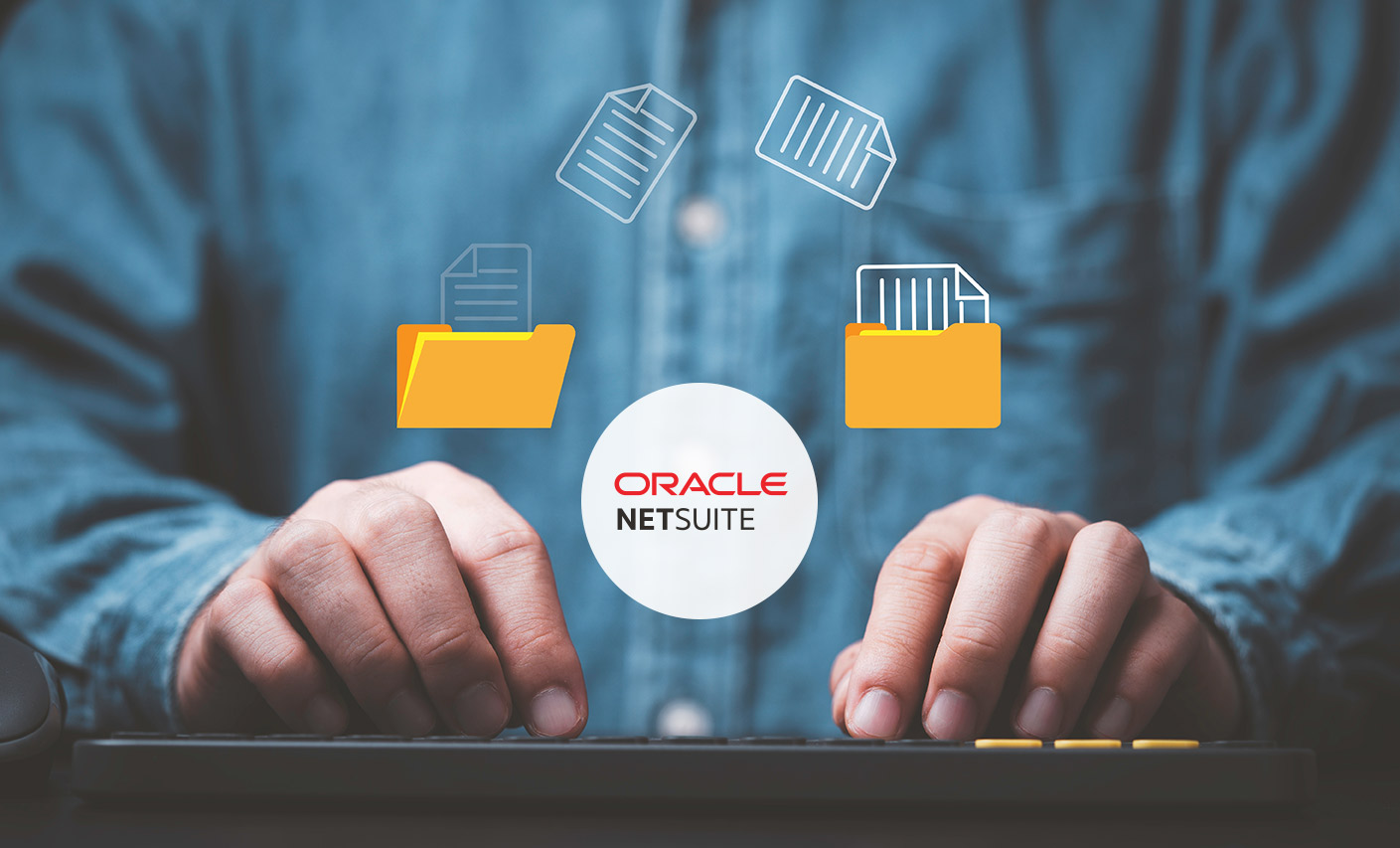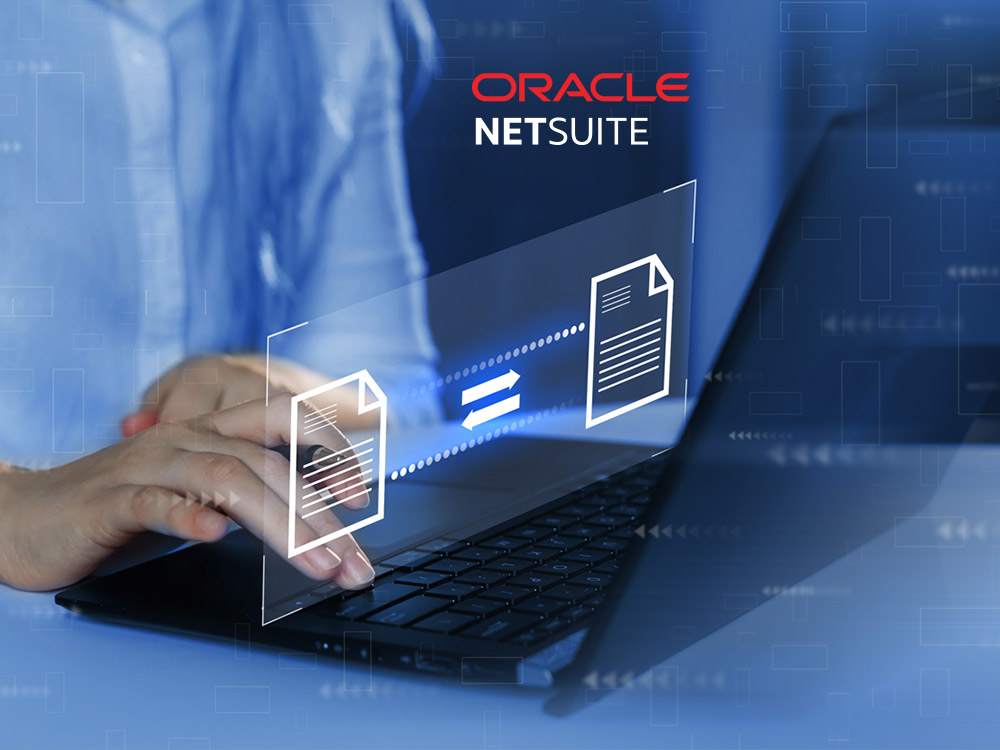
Introduction to Data Migration and Its Significance
What is data migration?
At its core, data migration involves the transfer of information from one system, format, or location to another. Within the NetSuite framework, it encompasses the relocation of essential foundational data from legacy systems to NetSuite's cloud-based ERP platform.
Why is data migration important for businesses?
Data migration assumes a pivotal role in businesses undergoing digital transformations like the transition to NetSuite. Its significance lies in ensuring the precise and flawless transfer of crucial data, thereby facilitating seamless business operations within the new platform.
Request More Info About NetSuite Data Migration
Understanding the Timing and Relevance of Data Migration
When is data migration necessary?
The necessity for data migration arises when embracing NetSuite, assimilating acquired businesses, or supplanting legacy tools managed external to NetSuite. It transcends mere new implementations, emerging as a versatile process integral to various business transitions.
You might want to consider data migration if you are:
- Upgrading Your Technology
- Expanding Your Business
- Merging with Another Company
- Modernizing Your Processes
- Facing Data Quality Issues
- Improving Customer Engagement
- Adhering to Compliance
- Enhancing Reporting and Analytics
- Dealing with Legacy Systems
- Starting Fresh

What are the key aspects to consider when planning data migration?
When planning data migration, consider the following key aspects:
- Defining the specific data to import
- Ensuring data accuracy and cleanliness
- Determining the migration timeline
- Allocating resources for the migration process
- Choosing the right data migration strategy

Best Practices for Seamless Data Migration
What are the best practices for data migration?

To ensure a seamless and successful transition, consider the following six best practices:
- Assess Your Data
- Establish a Data Migration Team
- Choose the Right Migration Method
- Set Data Mapping and Transformation Rules
- Perform Test Migrations
- Provide Training and Support
Why conduct test migrations?
Test migrations with sample data identify and rectify potential issues. Validating data accuracy and integrity before the actual migration boosts confidence.
Why provide training and ongoing support?
Test migrations with sample data identify and rectify potential issues. Validating data accuracy and integrity before the actual migration boosts confidence.
Strategic Planning for Data Migration
Need help for planning your data migration? Look no further! To guarantee an uninterrupted and triumphant transition, consider adhering to these six foundational best practices:
![]()
Defining the Data to Import
What data should I import into NetSuite?
Identify specific data categories, such as customers, prospects, items, and open invoices. This judicious categorization streamlines the migration process and mitigates potential complexities.
Why is assessing existing data critical?
Understanding your data landscape informs the migration scope. Analyzing data types, quality, and location is crucial for a seamless migration.
![]()
Ensuring Data Accuracy and Cleanliness
Why is data accuracy crucial during migration?
Emphasize data accuracy to preserve the integrity of information within NetSuite. Addressing inconsistencies, character discrepancies, and incomplete records before migration emerges as a pivotal step.
What is data mapping, and why is it significant?
Data mapping matches source and target data fields. Transformation rules define how data converts, formats, or cleanses. Both aspects ensure accurate data transfer.
![]()
Mapping Out the Migration Timeline
How should I plan my migration timeline?
Opt for a phased approach, importing static data like customers and items prior to the go-live stage. Subsequently, incorporate dynamic data such as open sales orders. Meticulous timeline planning minimizes disruption, ensuring a seamless transition.
![]()
Allocating Resources for a Smooth Process
How can I ensure successful migration with limited resources?
Allocate dedicated resources to migration tasks. Collaboration with NetSuite consultants can optimize the process, enhancing the likelihood of a successful migration.
Why establish a data migration team?
A dedicated team ensures expertise from various departments. Assign roles and responsibilities, ensuring everyone contributes to the migration's success.
![]()
Selecting an Effective Data Migration Strategy
What data migration strategy should I choose?
Decide whether to run legacy systems parallel with NetSuite during migration. Evaluate available options to align with your business goals and minimize disruption.
QUICK TIP: When considering a migration strategy, the Business Intelligence for NetSuite tool, Powered by GURUS, offers solutions such as historical data migration for legacy ERP data access, data snapshot reporting, and tracking historical changes in opportunities and inventory.
How can NetSuite Data Migration by GURUS Solutions benefit my business?
The impact of this solution is transformative, streamlining the data management journey into NetSuite. Notably, it secures data accuracy, minimizes operational disturbances, and augments overall efficiency.
Below are a few advantages of NetSuite Data Migration by GURUS Solutions:
- Data Accuracy Assurance
- Minimized Disruption
- Enhanced Operational Efficiency
- Time and Resource Savings
- Seamless Transition to NetSuite
- Data Quality Optimization
- Confident Decision-Making
- Expert Guidance
- Customization for Your Needs
For more information on NetSuite Data Migration by GURUS Solutions, check out this resource.

Request More Info About NetSuite Data Migration